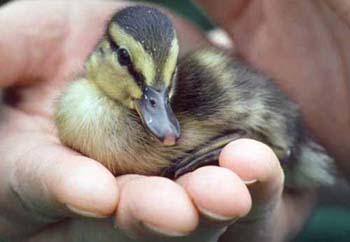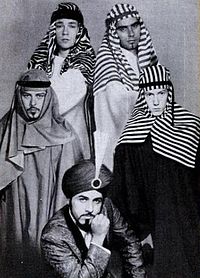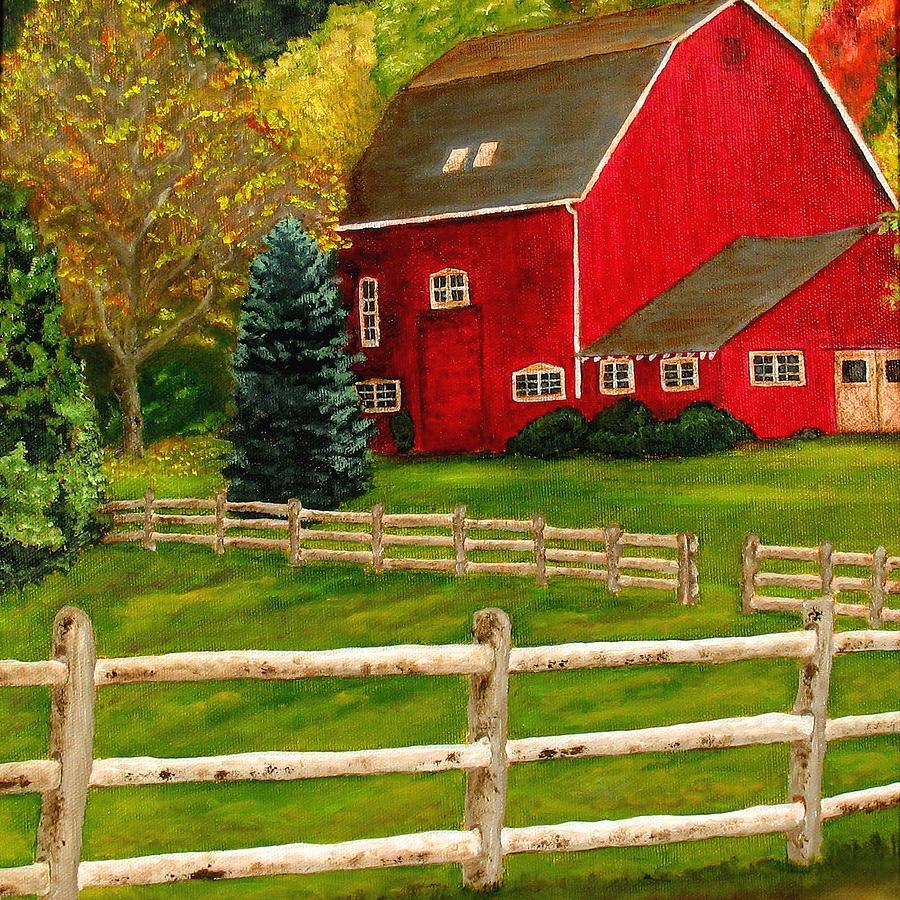I hope you all had a lovely Memorial Day weekend. I just participated in a mallard duckling rescue.

Mallard duckling. The fuzziness of these things is unreal.
(Photo from Postcards from Sussex)
I was walking around the park near my house when I heard all sorts of peeping. It was getting near twilight, and I caught sight of a little bird in the grass that I thought at first was a sparrow. But it was moving differently than that, sort of side to side, and then I realized it was a mallard duckling. A little fuzzy thing, no adult ducks in sight, and it was walking around fast as its tiny little legs could carry it, peeping away like mad, clearly trying to find its parents.
Then it motored its little legs under a parked car. Which turned out to have a person sitting in it. She saw me looking under her car, so I told her a baby duckling had just run underneath it. The woman immediately froze, even though she wasn't driving, didn't even have her car turned on. She was asking me, "Is it still under there? Is it still there?" Every time the little duckling caught sight of me, it would run back under the car and hide next to one of the wheels.

Duckling on the water, where the little one I found probably would prefer to be. Again, with the fuzziness. It might be the fuzziness that makes people immediately protective of them.
(Photo by HAZY at RSPB)
Finally, it ran out the other side of the car away from me, across the parking lot, and toward the street. I pointed out to the woman that the duckling was out from under her car, then followed the duckling to try to keep it from running out into the street.
I kept trying to get on the other side of it, to drive it back away from the street and in the direction of the duck pond. I don't know if that's where it's parents were, but that's probably where the duckling would stand the best chance of finding them. But the duckling kept running away from me, still peeping like crazy the entire time.
It ran into the grass, and then along came two dogs followed by their owner. The dogs were very interested in the fact that I was walking slowly through the grass--clearly stalking something--and it was very hard to see by this time, so I don't think they knew the duckling was there. The man asked the dogs, "What are you so curious about?" I told him, "There's a little duckling here. I'm trying to get it to go to the pond."
Immediately the man understood. He got on the opposite side of the duckling and tried to close off the duck's exit to catch it. One of his dogs went forward to get involved, but he pushed the dog out of the way. The duckling was getting tired, but was still peeping like fire alarm. The man got his hands on the duck but it wriggled out and ran toward me. I bent down to scoop it up, and I almost had it. The duckling was in my hands for not even half a second before it slipped out of my hands and kept running.
Another try, and the man got the duckling in both his hands, the duckling poking its little head out as far as it could to try to get free. We thanked each other, and he went off toward the pond, carrying the duckling up next to his face, his dogs following, and I went on my way.

You know how you've always imagined that duckling down must feel completely soft? Well, you've imagined absolutely right.
(Photo from Gower Bird Hospital, sourced from Barbelith)
I've already done a Daily Apple about Mallard Ducks, but I thought I would find out a few things about just the ducklings.

This mother duck hatched 14 ducklings. Eight weeks later, her family was down to 6.
(Photo from Words4It)

A whole lotta ducklings = a whole lotta fuzziness.
(Photo from Gobirding.eu)
This isn't exactly learning to fly. It's more like, You can jump and you'll be all right.

These ducklings are in the process of trading their fuzzy down for feathers.
(Photo by Derek Stoner at The Nature of Delaware)

Mallard ducklings, about 8 weeks old. I'd call these teen-agers, or young ducks. You know, like young bloods.
(Photo from Words4It)
Sources
Animal Corner, Ducks
Metzer Farms, Mallard Ducks
Mallard Ducks as Pets
Cornell Lab of Ornithology, Mallard
National Geographic's Mallard Ducks
Lakeside Nature Center, Critter Corner--Mallard

Mallard duckling. The fuzziness of these things is unreal.
(Photo from Postcards from Sussex)
I was walking around the park near my house when I heard all sorts of peeping. It was getting near twilight, and I caught sight of a little bird in the grass that I thought at first was a sparrow. But it was moving differently than that, sort of side to side, and then I realized it was a mallard duckling. A little fuzzy thing, no adult ducks in sight, and it was walking around fast as its tiny little legs could carry it, peeping away like mad, clearly trying to find its parents.
Then it motored its little legs under a parked car. Which turned out to have a person sitting in it. She saw me looking under her car, so I told her a baby duckling had just run underneath it. The woman immediately froze, even though she wasn't driving, didn't even have her car turned on. She was asking me, "Is it still under there? Is it still there?" Every time the little duckling caught sight of me, it would run back under the car and hide next to one of the wheels.

Duckling on the water, where the little one I found probably would prefer to be. Again, with the fuzziness. It might be the fuzziness that makes people immediately protective of them.
(Photo by HAZY at RSPB)
Finally, it ran out the other side of the car away from me, across the parking lot, and toward the street. I pointed out to the woman that the duckling was out from under her car, then followed the duckling to try to keep it from running out into the street.
I kept trying to get on the other side of it, to drive it back away from the street and in the direction of the duck pond. I don't know if that's where it's parents were, but that's probably where the duckling would stand the best chance of finding them. But the duckling kept running away from me, still peeping like crazy the entire time.
It ran into the grass, and then along came two dogs followed by their owner. The dogs were very interested in the fact that I was walking slowly through the grass--clearly stalking something--and it was very hard to see by this time, so I don't think they knew the duckling was there. The man asked the dogs, "What are you so curious about?" I told him, "There's a little duckling here. I'm trying to get it to go to the pond."
Immediately the man understood. He got on the opposite side of the duckling and tried to close off the duck's exit to catch it. One of his dogs went forward to get involved, but he pushed the dog out of the way. The duckling was getting tired, but was still peeping like fire alarm. The man got his hands on the duck but it wriggled out and ran toward me. I bent down to scoop it up, and I almost had it. The duckling was in my hands for not even half a second before it slipped out of my hands and kept running.
Another try, and the man got the duckling in both his hands, the duckling poking its little head out as far as it could to try to get free. We thanked each other, and he went off toward the pond, carrying the duckling up next to his face, his dogs following, and I went on my way.

You know how you've always imagined that duckling down must feel completely soft? Well, you've imagined absolutely right.
(Photo from Gower Bird Hospital, sourced from Barbelith)
I've already done a Daily Apple about Mallard Ducks, but I thought I would find out a few things about just the ducklings.
- A mother duck will not abandon her young if a human touches them. However, if you come upon a duck family, it's best to keep your distance so you don't scare off the mother. The ducklings can easily get separated from each other, which may have been what happened in this instance.
- Usually about 9-13 ducklings, or chicks, are born in one nest.
- Predators, accidents, bad weather, and getting separated from the mother usually reduces the number of ducklings that survive by at least half.

This mother duck hatched 14 ducklings. Eight weeks later, her family was down to 6.
(Photo from Words4It)
- Ducklings are born with their eyes open. Ducks have excellent color vision.
- Ducklings can leave the nest within hours of hatching. They have a full layer of down to keep them warm, so once they're hatched they do not need to return to the nest to keep warm.
- So it is possible for ducklings to survive without their mother, but they stand a much better chance of getting enough food and taking care of themselves if they stay with her for the first 5 weeks or so.

A whole lotta ducklings = a whole lotta fuzziness.
(Photo from Gobirding.eu)
- They are also born able to swim, but they lack the oil gland called the "preen gland" that produces the oil necessary to waterproof their feathers. The mother will collect oil from her preen gland and spread it over their down.
- From this photo (which says it's copyrighted to someone so I won't load it here), it looks like ducklings really get some power going in the water.
- (By the way, when you see adults ducks standing on the shore going over their feathers with their beaks, they are spreading the waterproofing oil over their feathers, as well as removing any bugs or unfriendlies that might be in there.)
- One farm that raises ducklings regularly ships day-old ducklings through the mail. This is how hardy the little things can be.
This isn't exactly learning to fly. It's more like, You can jump and you'll be all right.
- Ducklings eat mainly seeds and bugs or the larvae of bugs, as well as seaweed and other plants that grow in the water.
- Ducklings learn to fly at 5-8 weeks old, some say. Others say the flight lessons don't start until 10-12 weeks.
- Ducklings look about the same, regardless of sex, for quite a while. As they leave the fuzzy downiness of ducklinghood, their feathers become the camouflaged brown similar to an adult female's. It's not until around 14-16 weeks that the males' feathers change and turn into the shiny gray and green.

These ducklings are in the process of trading their fuzzy down for feathers.
(Photo by Derek Stoner at The Nature of Delaware)

Mallard ducklings, about 8 weeks old. I'd call these teen-agers, or young ducks. You know, like young bloods.
(Photo from Words4It)
- One last fact: ducks are never completely asleep. They often sleep with one eye open, especially if they are on the outer edge of a group and must keep watch.
Sources
Animal Corner, Ducks
Metzer Farms, Mallard Ducks
Mallard Ducks as Pets
Cornell Lab of Ornithology, Mallard
National Geographic's Mallard Ducks
Lakeside Nature Center, Critter Corner--Mallard













